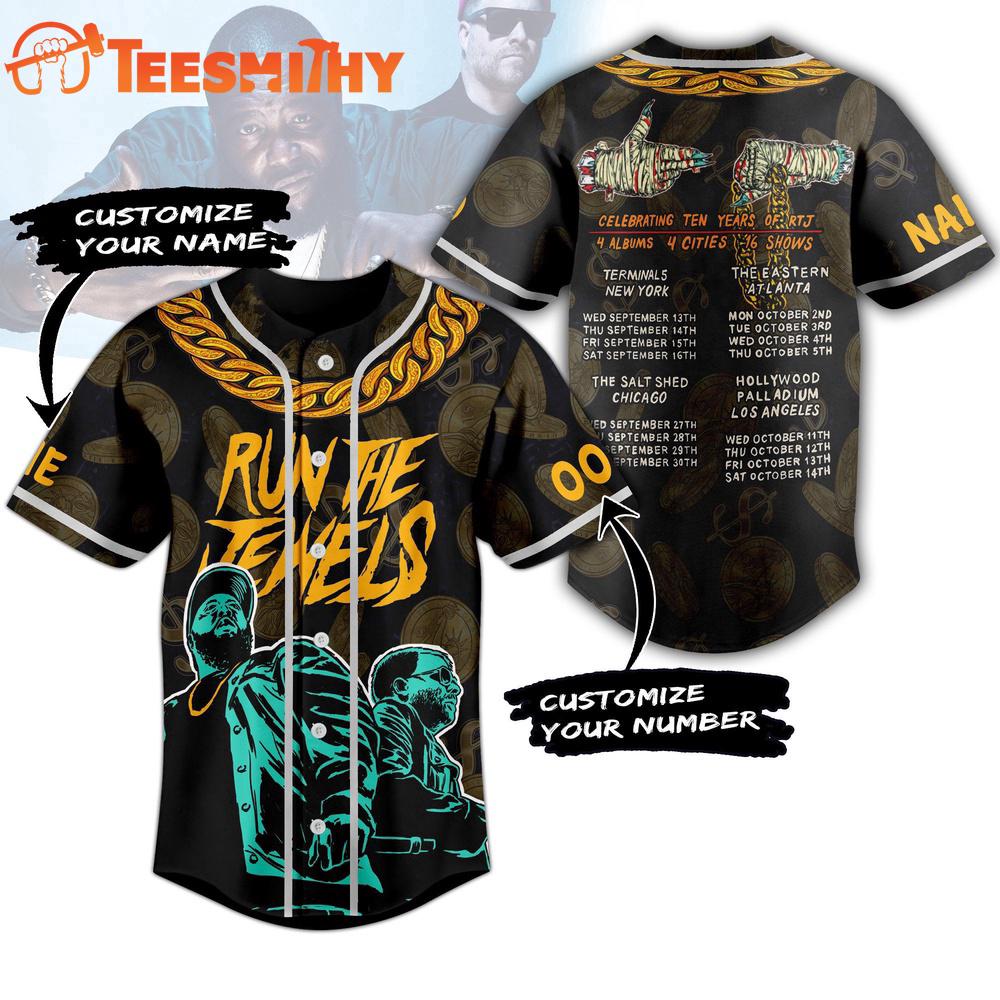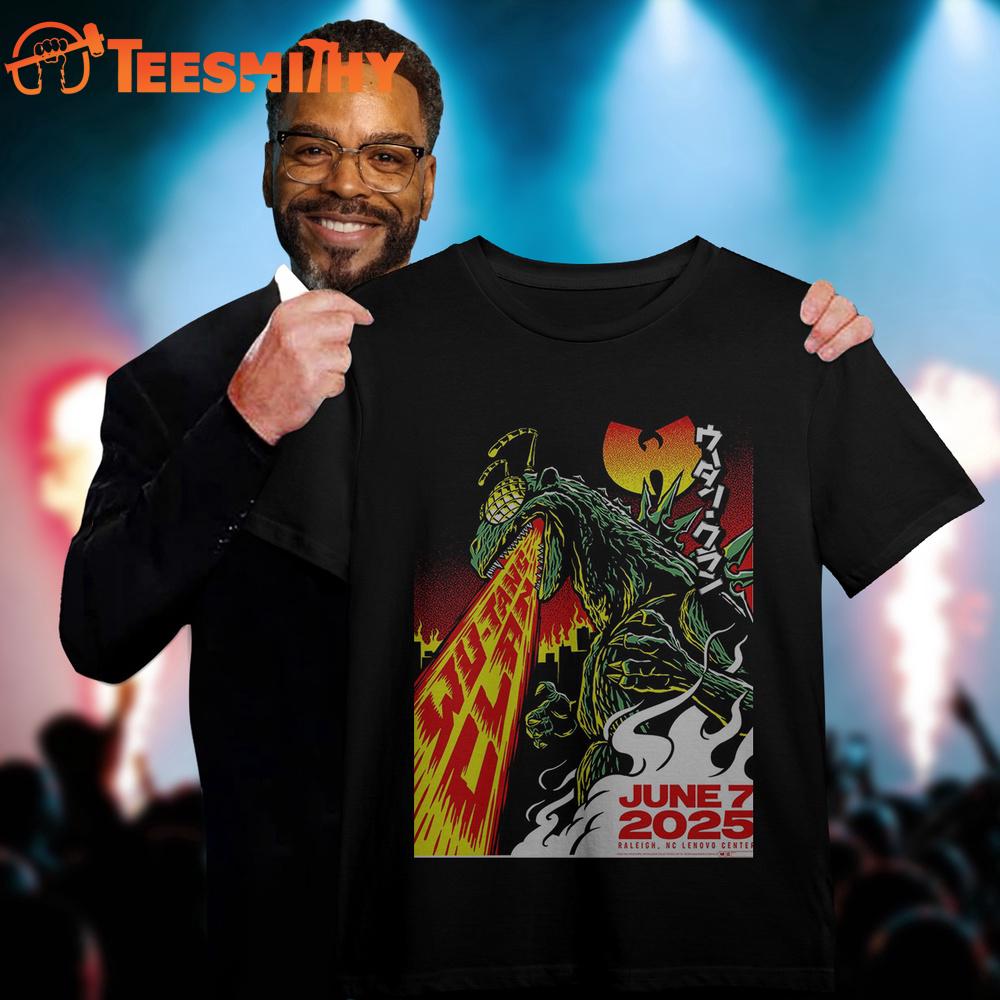wutangclan
How Does Wu Tang Clan Apparel Reflect Hip-Hop Culture?
The question How Does Wu Tang Clan Apparel Reflect Hip-Hop Culture? goes beyond clothing and branding—it dives into the very essence of how music, fashion, and identity intertwine. Wu Tang Clan has never been just another hip-hop group; they are a cultural powerhouse. Their apparel line, featuring the iconic “W” logo, bold statements, and gritty street aesthetics, has become a symbol of authenticity, resilience, and rebellion. From New York streets to global fashion runways, Wu Tang Clan apparel encapsulates the raw energy of hip-hop, embodying the voice of the streets and translating it into wearable culture.Buy now: https://teesmithy.com/product-tag/wu-tang-clan/
The Origins of Wu Tang Clan Apparel in Hip-Hop
When asking How Does Wu Tang Clan Apparel Reflect Hip-Hop Culture?, it’s important to start at the roots. Wu Tang Clan emerged from Staten Island in the early 1990s, a time when hip-hop was still fighting for mainstream recognition. Their music wasn’t polished—it was raw, unapologetic, and deeply connected to urban realities. The apparel followed the same path. Early designs were less about fashion statements and more about representing a collective identity. The iconic Wu Tang logo became a banner of solidarity, instantly recognizable and deeply meaningful for fans and communities.Wu Tang apparel grew organically from the music itself. Fans wanted to wear the same energy they felt when listening to the group. Hoodies, oversized tees, and caps carried that sense of belonging. In this way, Wu Tang Clan apparel didn’t just ride the wave of hip-hop culture—it helped create it.

The Power of the “W” Logo
The bold, bat-like “W” logo became one of the most recognizable icons in hip-hop fashion. Wearing it symbolized not just fandom but alignment with the values of strength, brotherhood, and authenticity.Early Streetwear Influence
Wu Tang apparel was among the first hip-hop clothing lines to blend music and streetwear. It set a template later followed by countless artists and brands.Apparel as an Extension of Hip-Hop Identity
The deeper answer to How Does Wu Tang Clan Apparel Reflect Hip-Hop Culture? lies in how clothing became a tool for identity. Hip-hop has always been about more than music—it’s an expression of life, struggle, and triumph. Wu Tang apparel embodies that. Oversized hoodies, baggy jeans, and snapbacks reflect not only fashion trends but also a defiance of mainstream norms.Wu Tang’s apparel captured the essence of hip-hop identity in a way few others did. The clothing was gritty, raw, and unfiltered, much like their lyrics. It wasn’t just about looking good; it was about making a statement. For fans, wearing Wu Tang apparel meant aligning themselves with an attitude, a way of seeing the world that challenged authority and celebrated community.
Symbol of Street Authenticity
Wu Tang apparel became synonymous with realness. In hip-hop, authenticity is everything, and the clothing projected that authenticity loud and clear.Fashion as Resistance
Oversized silhouettes and bold designs were more than aesthetics—they were forms of cultural resistance against conformity and societal expectations.The Global Expansion of Wu Tang Clan Apparel
One cannot answer How Does Wu Tang Clan Apparel Reflect Hip-Hop Culture? without examining its globalization. What started on Staten Island streets became a worldwide phenomenon. The apparel resonated beyond the hip-hop community, appealing to skaters, streetwear enthusiasts, and even high-fashion designers inspired by its raw aesthetics.The spread of Wu Tang apparel demonstrated the universality of hip-hop’s voice. People across continents wore the “W” not just to support a rap group, but to celebrate an entire cultural movement. The apparel carried hip-hop’s energy into places where the music alone couldn’t reach.
From Local Streets to Global Markets
Wu Tang’s designs traveled with fans, migrants, and the internet, spreading across the globe. The apparel was no longer just merchandise—it became a cultural passport.
Crossovers Into Mainstream Fashion
High-fashion brands and streetwear labels have incorporated Wu Tang-inspired designs, proving its influence has transcended genre and class barriers.Storytelling Through Apparel
A core reason why Wu Tang Clan apparel resonates so deeply is because it tells stories. Every hoodie, every graphic tee is infused with meaning tied to their lyrics, their albums, and their philosophies. This aspect is central to understanding How Does Wu Tang Clan Apparel Reflect Hip-Hop Culture?—because hip-hop itself is storytelling through rhythm and rhyme, and Wu Tang extended that storytelling into fabric and thread.Wu Tang’s apparel uses imagery, color, and symbolism to narrate tales of struggle, resilience, and triumph. For fans, wearing these items means carrying a piece of that story with them, embodying the Wu Tang ethos in their daily lives.
Lyrics Translated Into Fashion
Phrases from tracks and visual references to albums often make their way onto designs, bridging the gap between music and fashion.Apparel as Memory and Legacy
Every limited drop or classic reprint tells a piece of Wu Tang’s long history, making the clothing part of the legacy and memory of hip-hop culture.The Role of Community and Belonging
In hip-hop culture, community is everything. Wu Tang Clan built a movement around unity, brotherhood, and shared struggle, and their apparel mirrors this. Understanding How Does Wu Tang Clan Apparel Reflect Hip-Hop Culture? requires recognizing how clothing acts as a unifying force. Fans wearing the logo instantly identify one another as part of a shared family, a global “Wu Tang forever” brotherhood.This sense of belonging transforms Wu Tang apparel into more than just fabric. It becomes a badge of honor, signaling one’s place in a culture rooted in resilience and collective power.
The Wu Tang Brotherhood
Wearing the “W” connects fans in a global community. It’s not just fan merchandise—it’s membership in a cultural family.Fashion as Cultural Code
In many ways, Wu Tang apparel works as a cultural code. Spotting someone in Wu Tang gear on the street is like an unspoken nod, a recognition of shared identity.Wu Tang Clan apparel reflects hip-hop culture in its truest form: raw, unfiltered, and deeply rooted in community and storytelling. From the streets of Staten Island to fashion capitals of the world, Wu Tang’s clothing line carries the heartbeat of hip-hop. It represents authenticity, resistance, and belonging, turning music into wearable culture. Whether through oversized hoodies, bold “W” logos, or lyric-inspired designs, Wu Tang apparel transforms clothing into a statement of identity. That is why today, whether worn in New York, Tokyo, or London, Wu Tang Clan apparel continues to be one of the most powerful reflections of hip-hop culture, reminding the world that “Wu Tang is forever.”


